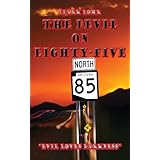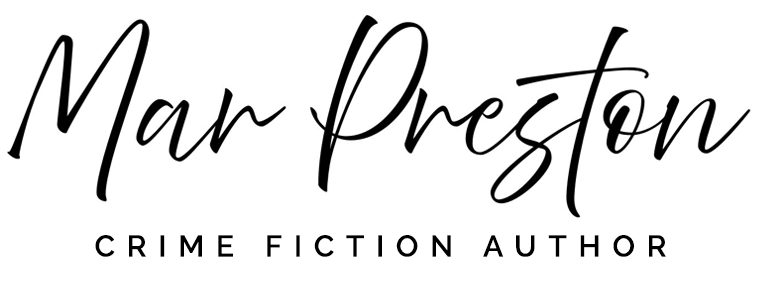What is the effect, upon US. culture, of printed media depicting violence? A quick Google search comes up with television and video games, but not so much on print.
The American Psychological Association says there’s a link between aggression, decreased empathy, and the like, with violent TV and with video games—kids. Kids can get weird watching this stuff—and a lot of “adult” criminals are really just, as I once heard an FBI agent put it, “bigger kids.”
We might assume there are studies that will show a link between decreased empathy, aggressive cognition, et cetera, and readers of mysteries/ crime fiction, but using books requires the ability and the inclination to read. I’m willing to consider the ability and inclination to read as a mitigating factor in itself.
“No one claims that media violence has a unitary or uniform effect on all viewers.” –Roger N. Johnson. School of Theoretical and Applied Science Ramapo College.
Still, the U.S. has a history that contains considerable, and relatively recent, violence. For insights, if not answers, present-day literary persons find themselves indebted to a scholar named Richard S. Slotkin—born in Brooklyn, a locale with a considerable history of societal violence. The titles of his trilogy shed light on our national character regarding violence:
1. Regeneration Through Violence: The Mythology of the American Frontier, 1600-1860.
2. Gunfighter Nation: The Myth of the Frontier in Twentieth-Century America.
3. The Fatal Environment: The Myth of the Frontier in the Age of Industrialization, 1800-1890. http://en.wikipedia.org/wiki/Richard_Slotkin
People in the U.S., have a great national myth, based on Europeans coming into a huge, wild territory, a fearful place, a place already occupied by resentful Native Americans, and a home to Grizzly Bears, alligators, skunks (no skunks in Europe), and other formidable non-European life-forms.
With the skillful use of the rifle and the axe, Europeans tamed this wild land. The hunters, the Daniel Boone types, were the first in—the armed elites. Going forward, we had the Civil War, Westward expansion (think Cowboys and Indians—the Indian Wars, the Mexican War), Prohibition (and the resulting empowerment of an armed criminal class), more wars—including the Drug War, declared in 1971 by Richard Nixon (and once again we’re back to the resulting empowerment of an armed criminal class—notably next door, in Mexico).
Through all of this, we had waves of immigrants coming to our shores from other nations, creating a certain inevitable amount of societal conflict.
Clark Lohr is the author of two crime novels, Devil’s Kitchen and The Devil on Eighty-five. He lives in Tucson, Arizona.
Stay tuned for Violence as Entertainment #3
http://www.amazon.com/s/ref=nb_sb_noss?url=search-alias%3Daps&field-keywords=clark+lohr


